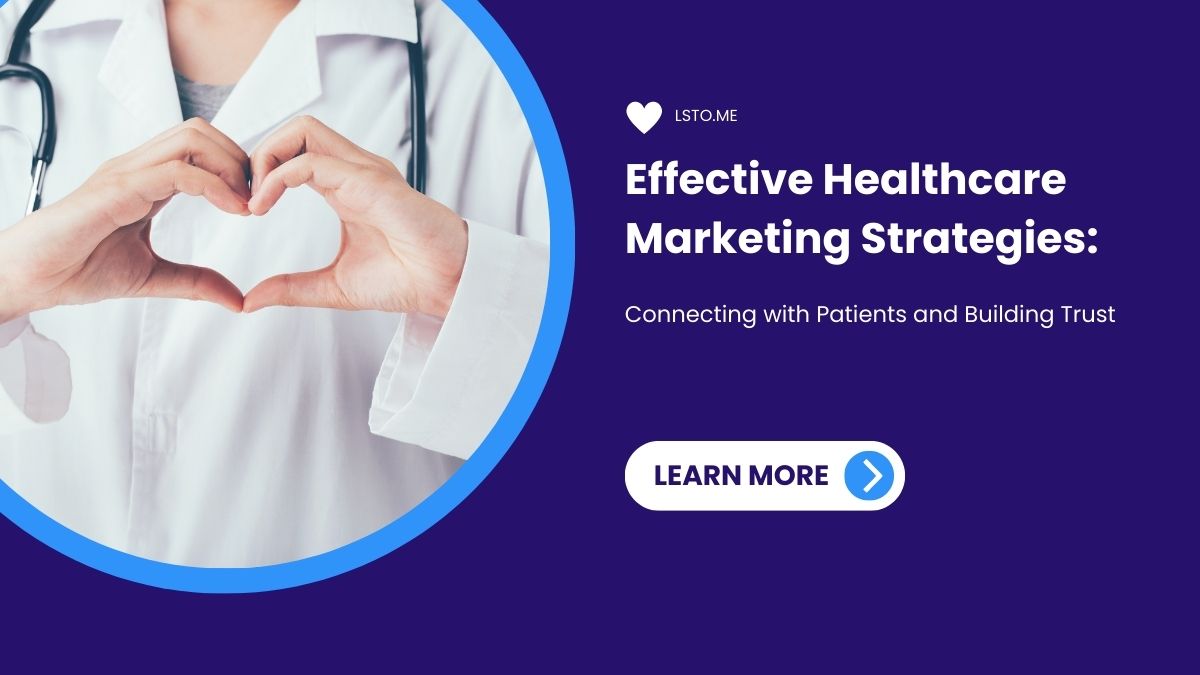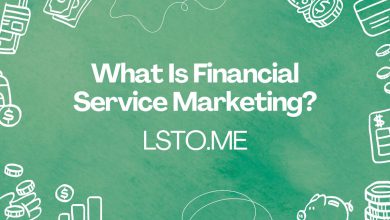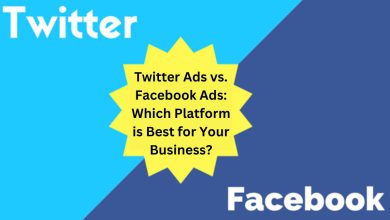
In an increasingly competitive healthcare landscape, effective marketing strategies are crucial for healthcare providers to connect with patients, build trust, and promote their services. In this blog post, we will explore key healthcare marketing strategies that can help providers effectively reach their target audience, establish credibility, and achieve their marketing goals.
1. Define Your Target Audience:
As healthcare marketing continues to evolve, it is becoming increasingly important for healthcare providers and organizations to define their target audience clearly. This enables them to tailor their marketing strategies effectively and efficiently for the best results. Defining your target audience involves identifying the specific group of people who are most likely to benefit from your products or services.
To do this, you should consider factors such as demographics, psychographics, behavior patterns, and geographic location. For example, if you are promoting a new cancer treatment drug, you would want to focus on the age group that is most susceptible to cancer. You might also want to consider where these individuals live since certain regions have higher rates of cancer than others. By narrowing down your target audience in this way, you can develop a targeted healthcare marketing strategy that reaches those who are most likely to use your product or service.
2. Develop an Engaging Website:
Your website serves as the online hub for your healthcare marketing efforts and should be developed in a way that engages and informs your target audience. To achieve this, you need to ensure that your website is user-friendly and visually appealing.
To make sure that your website is user-friendly, it’s important to have organized navigation and clear calls to action. Visitors should be able to easily find the information they’re looking for without having to click through multiple pages. Additionally, using graphics, videos, and interactive features can help keep visitors engaged on your site.
Visual appeal is also an essential aspect of an engaging website. You want to create a design that both looks professional and represents your brand effectively.
3. Content Marketing for Education and Engagement:
Content marketing is a powerful strategy for healthcare providers to educate and engage with their audience. In today’s digital age, healthcare providers need to leverage content marketing to reach out to potential patients and build brand awareness. This type of marketing involves creating and sharing informative, educational, and engaging content that can attract new patients while also nurturing existing relationships.
The healthcare industry has been transformed by the internet, which has given patients access to more information than ever before. As a result, healthcare providers need to be proactive in providing accurate information about health conditions, treatments, and procedures to establish themselves as thought leaders in their field. Content marketing offers a way for healthcare providers to reach out to their audience by creating valuable content that answers questions or concerns they may have about their health.
4. Utilize Search Engine Optimization (SEO):
Search engine optimization (SEO) is an essential component of any healthcare marketing strategy. With the vast majority of people turning to search engines like Google to find information about health conditions and medical treatments, your website must rank well in search results. SEO helps you achieve this goal by optimizing your content and website structure to make it more appealing to search engines.
By utilizing SEO techniques, you can improve your website’s visibility and attract more organic traffic. This can lead to increased brand awareness, higher patient engagement, and ultimately, improved patient outcomes. However, SEO requires a strategic approach that takes into account factors such as keyword research, on-page optimization, technical optimization, backlinking strategies, and more. By working with an experienced healthcare marketing agency that specializes in SEO for medical practices and hospitals, you can ensure that your website is optimized for both patients and search engines alike.
5. Leverage Social Media Platforms:
The rise of social media platforms has significantly impacted how healthcare marketing strategies are executed. Social media provides an opportunity to connect with patients easily, build brand awareness, and share valuable health information. Healthcare providers who leverage social media platforms can increase their reach and engage their audience effectively.
One of the critical benefits of using social media in healthcare marketing is the ability to connect with patients directly. Patients can ask questions, leave reviews or feedback, and share their experiences on various social media platforms. This level of engagement can help providers understand patient needs better and tailor their services accordingly. Additionally, building a strong online community through social media helps create trust between healthcare providers and patients.
Social media also allows healthcare providers to share valuable health information that can benefit their target audience. Providers can post educational content about specific conditions or diseases or promote healthy lifestyle habits that could improve overall wellness.
6. Online Reputation Management:
In today’s digital era, online reputation management has become a crucial aspect of healthcare marketing strategy. With the increasing number of patients seeking medical advice and services online, a healthcare provider’s reputation can make or break their business. Negative comments and reviews can quickly spread through social media platforms, making it even more important for healthcare providers to manage their online presence.
One way to enhance your online reputation is by encouraging patients to leave positive reviews and testimonials on search engines such as Google or Yelp. These reviews not only help build trust with potential patients but also improve your search engine ranking. Patients often rely on these review sites to determine whether they should visit a particular healthcare provider or not.
Furthermore, responding to negative comments promptly and professionally is essential for maintaining a good image. Ignoring negative feedback can worsen the situation and give the impression that you do not care about your patient’s concerns.
7. Partner with Influencers or Advocates:
Partnering with influencers or patient advocates has become an effective healthcare marketing strategy. Collaborating with influential individuals in the industry can help expand your reach and build credibility, as these individuals are often respected for their expertise and knowledge. They have a large following on social media platforms, and their endorsement of your brand or product can help raise awareness among a specific audience.
Influencers or advocates can also provide valuable feedback to improve your products or services. They can act as a sounding board for new ideas and initiatives, providing insights that you may not have considered. This feedback loop is critical in ensuring that your offerings meet the needs of patients and healthcare providers alike. As such, partnering with influencers or advocates is more than just about building buzz – it’s about fostering relationships that benefit both parties long-term.
Overall, collaborating with influencers or patient advocates should be a key element of any healthcare marketing strategy.
8. Personalized Email Marketing:
Personalization is the key to successful email marketing in healthcare. By segmenting your email list based on patient characteristics, you can create targeted campaigns that resonate with individual patients. With personalized email marketing, you can build stronger relationships with patients and increase engagement rates.
One of the main benefits of personalized email marketing is that it allows healthcare providers to tailor their messaging to specific patient needs and preferences. For example, if a patient has recently undergone surgery, they may be more interested in receiving information about post-operative care and rehabilitation exercises than general wellness tips. By segmenting your email list based on patient characteristics such as age, medical history, and treatment plan, you can ensure that each message is relevant and valuable to the recipient.
Another benefit of personalized email marketing is that it can help healthcare providers establish themselves as trusted sources of information.
9. Stay Compliant with Healthcare Regulations:
Healthcare marketing is a sensitive area that requires businesses to stay compliant with a range of regulations. The healthcare industry is governed by strict laws that protect patient privacy and ensure ethical practices. Companies operating in this sector must adhere to various regulatory policies, such as the Health Insurance Portability and Accountability Act (HIPAA) and the Affordable Care Act (ACA). Failure to comply with these regulations can result in severe legal consequences, including hefty fines, reputational damage, and even jail time.
To avoid regulatory violations in healthcare marketing, businesses need to understand the specific rules governing their activities. For instance, HIPAA mandates that protected health information (PHI) should be safeguarded against unauthorized disclosure or misuse. This means that healthcare marketers cannot use personal data obtained from patients for advertising purposes without consent. Additionally, the ACA prohibits false or misleading claims about medical products or services offered by healthcare providers.
Conclusion:
Effective healthcare marketing requires a strategic approach to connect with patients, build trust, and promote healthcare services. By defining their target audience, developing an engaging website, implementing content marketing strategies, utilizing SEO and social media, managing online reputation, partnering with influencers, leveraging email marketing, and maintaining compliance, healthcare providers can achieve successful marketing outcomes. Embrace these strategies to differentiate your healthcare brand, connect with patients on a deeper level, and contribute to their overall health and well-being.




